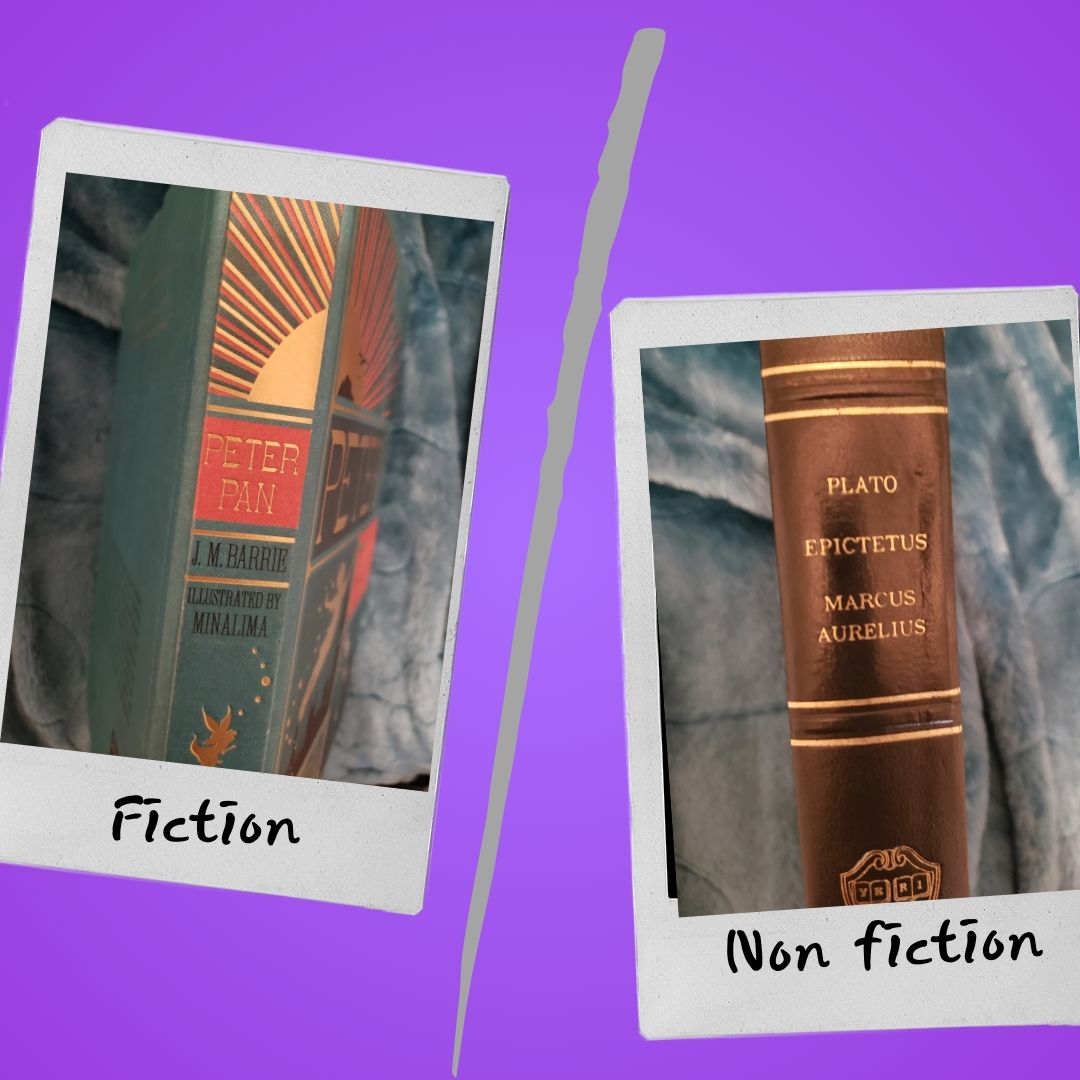People know the story of World War II, tales of soldiers and bloodshed. People know the tales of George Washington and Martin Luther King Jr, and have heard retellings about the beginning of civilization. Not many know the tale of a prince who gives it all for his kingdom, of a queen who goes to Hell and back for her people, who sacrifices everything for prosperity. Not many people know tales of a faraway land with gods and monsters, and have read about witches and werewolves uniting to defeat a common enemy.
Non-fiction is filled with stories people have heard, of people who are recognizable. But who recognizes the name Aelin Ashryver Galathynius? Who knows of the kingdom of Terrasen, and all they’ve sacrificed to find peace? Non-fiction is a genre with truth, but fiction leaves a legacy.
When a person reads fiction, it tends to leave them breathless, wanting more. The genre is filled with realms beyond comprehension, filled with stories of kingdoms, empires, revolutions and heroes and villains who risk it all. While non-fiction does have the story of a rising and falling empire, a “hero” and “villain”, the fictional genre raises the stakes, driving the characters forward in a way non-fiction never can, making it the better genre.
Ava Heralton, a sophomore at North, claims that fiction is the superior genre. “[Fiction] is more engaging,” she says. Fiction is certainly engaging, reaching beyond the physical landscape of the world and reflecting on personal issues through fun characters.
Another opinion came from Asher Shoemake, who claims fiction is better because “it’s made up.” Though he didn’t provide much about why he thought fiction was superior, his eyes did light up, hinting at a passion for make-believe.
Fictional events are sometimes similar to events that have actually happened. George Washington fought to unite a group of people and created the United States, while Aelin Galathynius fought to reunite her kingdom, Terrasen, and created a brand new kingdom. The events are similar, but Aelin is a person people can relate to. She’s experienced loss, pain, love and sacrifice. The history books won’t dive into how Washington felt about losing a comrade or a soldier, or how he may have fallen in love. Sarah J. Maas, author of the Throne of Glass series, gives readers a protagonist they can look up to and relate to. Doesn’t that sound more appealing than a simple political battle?
The fictional tales are much more appealing, spreading through a variety of genres. Non-fiction is also known for this, detailing events of intrigue, murder and war. What soothes readers when reading fiction is knowing it’s not happening, it’s not real. It’s an escape from reality and their real-world problems, all bound with paper and ink.
If you think about it, which sounds more appealing? Learning about a hero around your age, who battled something similar to your struggles and conquered them, or learning about a territorial spit between two opposing groups? Fiction is simply better, leaving a legacy readers will remember for centuries.



